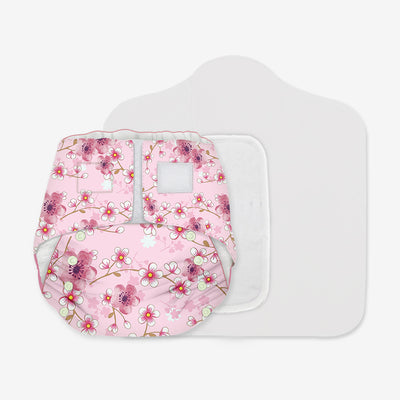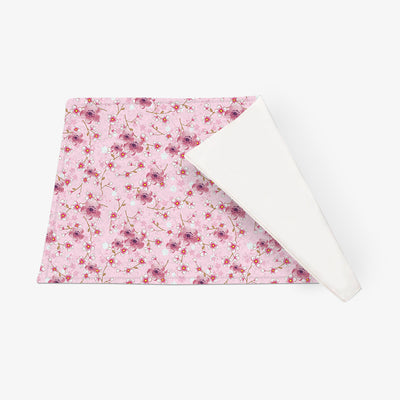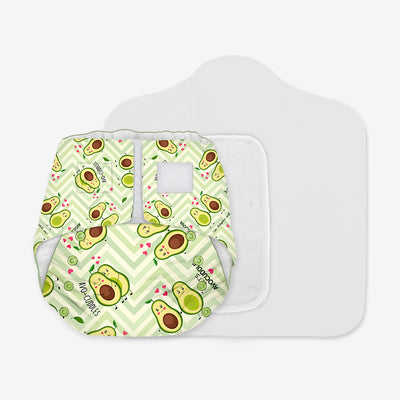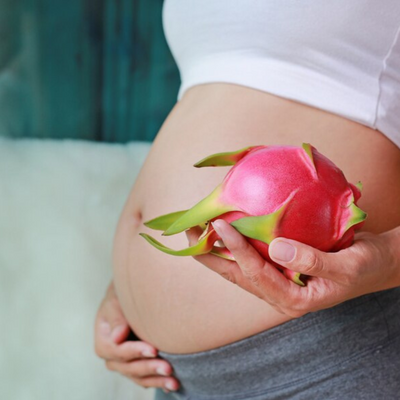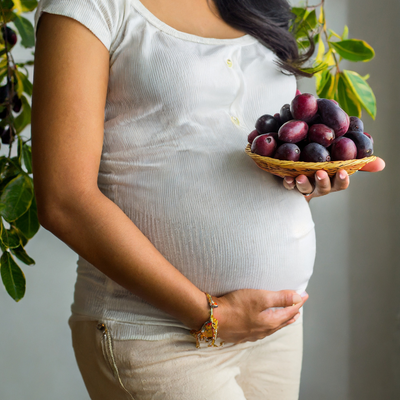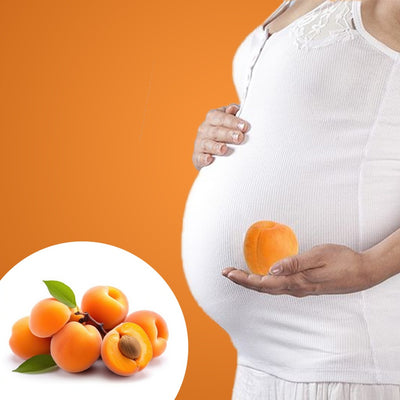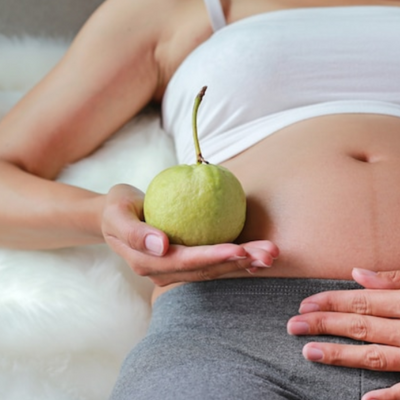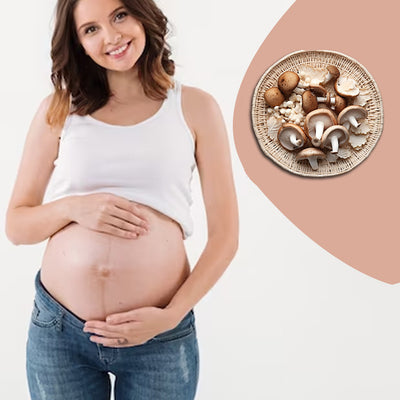Chikoo (Sapota) During Pregnancy: Benefits & Side Effect

Chikoo (Sapota) During Pregnancy
Welcoming a new life into the world is a momentous journey for any expecting mother, and maintaining a healthy pregnancy diet is critical for both the mother's health and the baby's development. Among the many fruits available, Chikoo, also known as Sapota, stands out as a tasty and nutritious choice. Chikoo, which is high in vitamins, minerals, and natural sweetness, not only satisfies cravings but also helps to maintain a healthy pregnancy diet. In this blog, we will look at the benefits of incorporating Chikoo into your pregnancy diet, shedding light on how this delectable fruit can be a delicious and healthy addition to your motherhood journey. So, let's take a look at Chikoo and how it fits into a well-rounded pregnancy nutrition plan.
Is Chikoo Safe to Eat While Pregnant?
Pregnancy is a time of immense joy and responsibility, where every choice regarding health and nutrition plays a crucial role in the well-being of both the mother and the growing baby. Among the myriad of fruits available, Chikoo, also known as Sapota, stands out not only for its sweet and delectable taste but also for its numerous health benefits. However, like any other food during pregnancy, there are questions and concerns regarding its safety and suitability for expectant mothers. In this comprehensive guide, we delve into the potential benefits, nutritional value, and safety considerations of consuming Chikoo fruit during pregnancy, empowering mothers-to-be with the knowledge to make informed dietary choices for a healthy and fulfilling journey to motherhood.
Health Benefits of Eating Chikoo in Pregnancy
Rich in Nutrients:
Chikoo is packed with essential nutrients such as vitamin C, vitamin A, calcium, iron, and potassium, which are vital for the overall health and development of both the mother and the baby during pregnancy.
Boosts Immunity:
The high vitamin C content in Chikoo helps strengthen the immune system, aiding in the prevention of common illnesses and infections during pregnancy.
Aids Digestion:
Chikoo contains dietary fiber, which helps regulate digestion and prevent constipation, a common issue among pregnant women.
Energy Booster:
The natural sugars present in Chikoo provide a quick and sustainable energy boost, combating fatigue and supporting the increased energy needs of pregnant women.
Supports Fetal Development:
The abundance of vitamins and minerals in Chikoo supports healthy fetal development, including the formation of bones, teeth, and organs.
Alleviates Nausea:
Chikoo's mild flavor and soothing properties may help alleviate nausea and morning sickness, providing relief to pregnant women experiencing these discomforts.
Hydration:
Chikoo has high water content, contributing to hydration levels, which are crucial for maintaining optimal health during pregnancy.
Natural Antioxidants:
Chikoo is rich in natural antioxidants, which help neutralize free radicals, reduce oxidative stress, and protect against cellular damage, promoting overall well-being during pregnancy.
Promotes Healthy Weight Gain:
When consumed as part of a balanced diet, Chikoo can contribute to healthy weight gain during pregnancy, ensuring adequate nourishment for both the mother and the baby.
Source of Iron:
Chikoo contains iron, which is essential for preventing anemia, a common concern during pregnancy due to increased blood volume and iron requirements.
Side Effects of Eating Chikoo in Pregnancy
While Chikoo offers numerous health benefits during pregnancy, it's essential to be aware of potential side effects or risks associated with its consumption:
Allergic Reactions:
Some individuals may be allergic to Chikoo, experiencing symptoms such as itching, swelling, or difficulty breathing. Pregnant women with known food allergies should exercise caution when consuming Chikoo.
High Sugar Content:
Chikoo is naturally high in sugar, which may cause blood sugar levels to spike, especially for pregnant women with gestational diabetes or insulin resistance. Monitoring sugar intake and consuming Chikoo in moderation is advised.
Weight Gain:
Excessive consumption of Chikoo, like any other high-calorie fruit, can contribute to unhealthy weight gain during pregnancy if not consumed in moderation. It's essential to balance Chikoo intake with other nutritious foods to maintain a healthy weight.
Gastrointestinal Issues:
Some individuals may experience gastrointestinal discomfort, such as bloating, gas, or diarrhea, due to the high fiber content of Chikoo. Pregnant women prone to digestive issues should monitor their intake and avoid overconsumption.
Pesticide Residues:
Like many fruits, Chikoo may contain pesticide residues if not organically grown. Pregnant women should wash Chikoo thoroughly before consumption or opt for organic varieties to minimize exposure to harmful chemicals.
Potential Laxative Effect:
In some cases, the high fiber content of Chikoo may have a laxative effect, leading to loose stools or diarrhea. Pregnant women should monitor their intake and adjust accordingly to avoid digestive discomfort.
Interference with Medications:
Chikoo contains compounds that may interact with certain medications. Pregnant women taking medications should consult with their healthcare provider before consuming Chikoo to ensure there are no adverse interactions.
Risk of Contamination:
Improper handling or storage of Chikoo can lead to contamination with bacteria or parasites, increasing the risk of foodborne illnesses. Pregnant women should ensure Chikoo is fresh, properly washed, and stored at appropriate temperatures to reduce the risk of contamination.
FAQ
1. Is it safe to eat Chikoo during pregnancy?
Yes, Chikoo is generally considered safe for consumption during pregnancy when eaten in moderation as part of a balanced diet. However, it's essential to consult with your healthcare provider for personalized advice based on your individual health status.
2. How much Chikoo can I eat during pregnancy?
While there are no specific guidelines for Chikoo consumption during pregnancy, it's recommended to consume it in moderation, like other fruits. Aim for a variety of fruits in your diet and monitor your overall sugar intake to maintain a balanced diet.
3. Can Chikoo help with morning sickness during pregnancy?
Some women find that the mild flavor and soothing properties of Chikoo can help alleviate nausea and morning sickness during pregnancy. However, individual experiences may vary, and it's essential to listen to your body and consult with your healthcare provider if you're experiencing severe symptoms.
4. Are there any risks associated with eating Chikoo while pregnant?
While Chikoo offers numerous health benefits, there are potential risks to consider, such as allergic reactions, high sugar content, and gastrointestinal discomfort. It's essential to consume Chikoo in moderation and be mindful of any adverse reactions.
5. Should I avoid Chikoo if I have gestational diabetes?
Pregnant women with gestational diabetes should monitor their carbohydrate intake, including sugars from fruits like Chikoo. While Chikoo can be enjoyed in moderation, it's essential to consider its impact on blood sugar levels and consult with a healthcare provider or dietitian for personalized dietary recommendations.
6. Is it safe to eat Chikoo during all trimesters of pregnancy?
Generally, Chikoo is considered safe for consumption throughout all trimesters of pregnancy when eaten in moderation. However, it's essential to listen to your body and consult with your healthcare provider for individualized advice based on your health status and any specific concerns.

